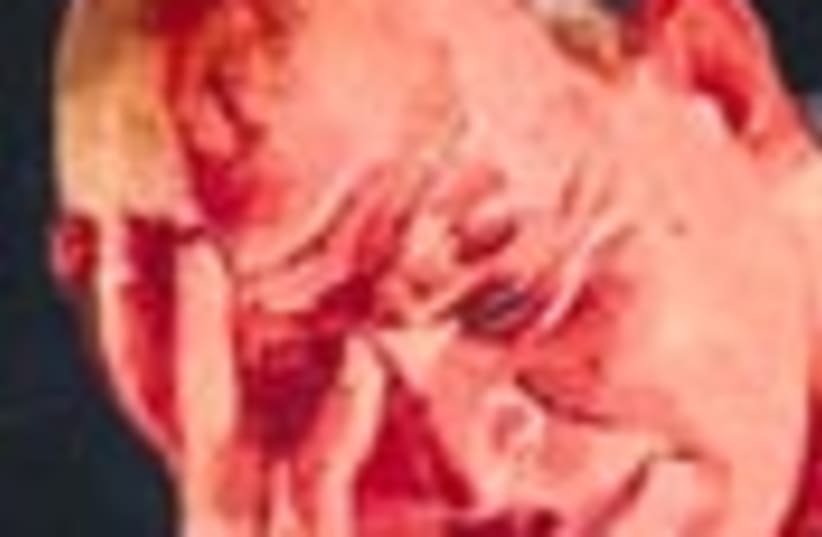| More about: | Joseph Klausner, Phinehas, Israel, Hebrew language |
Who Bialik might have been
Author Sara Feinstein attempts to fill a void in contemporary Jewish history with her biography of Haim Nahman Bialik.


| More about: | Joseph Klausner, Phinehas, Israel, Hebrew language |